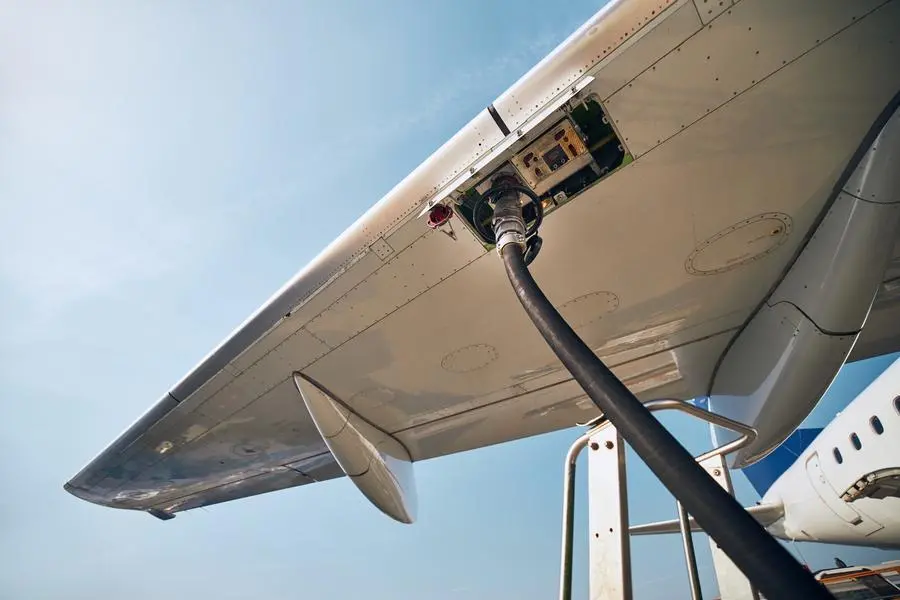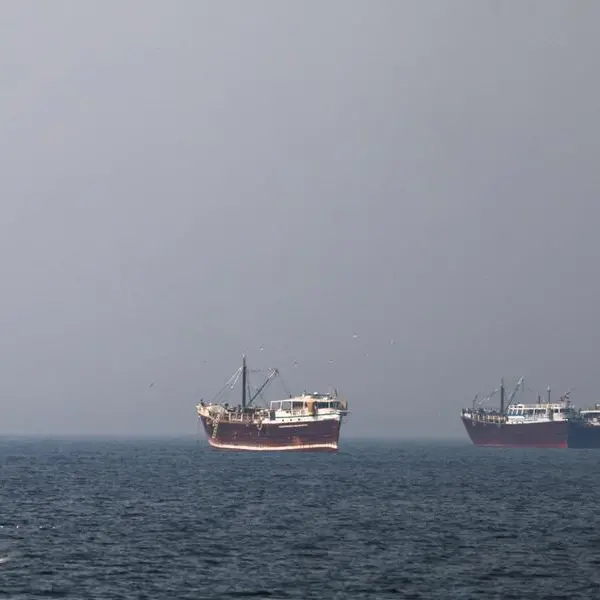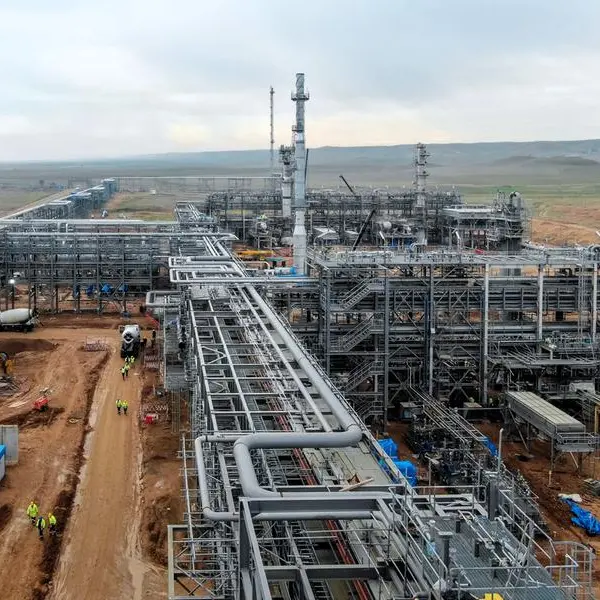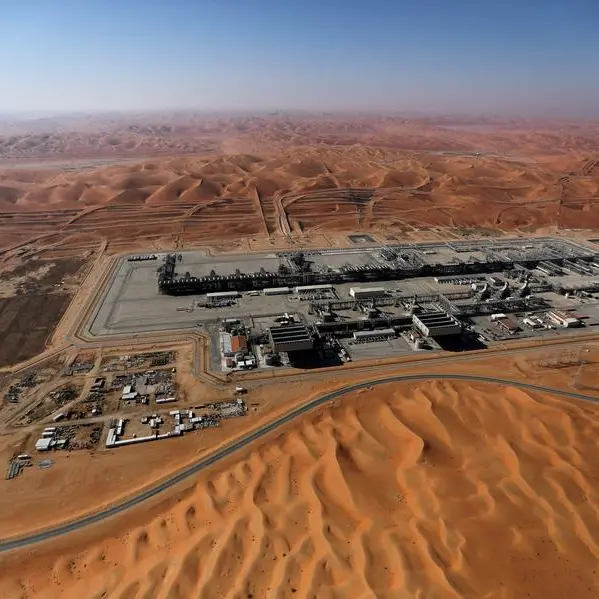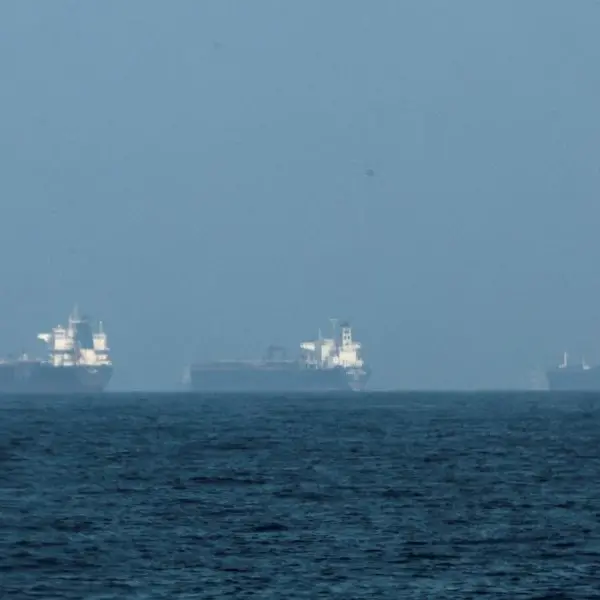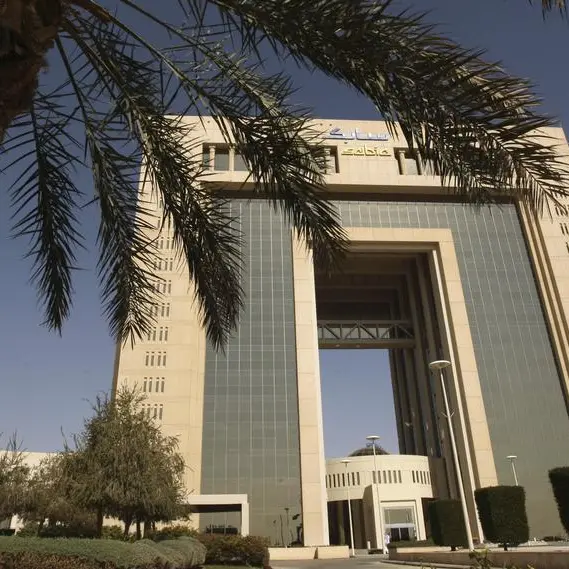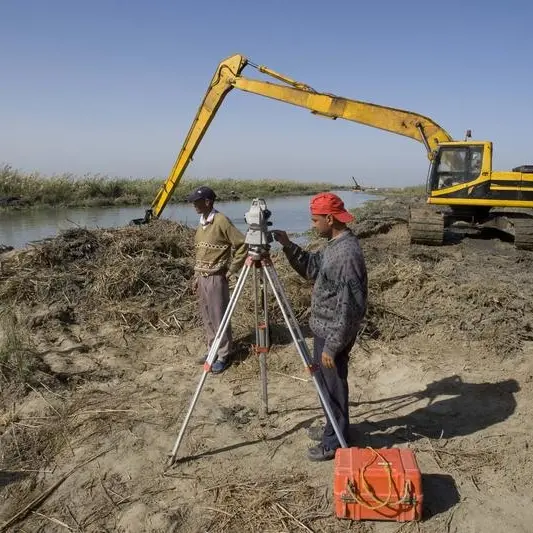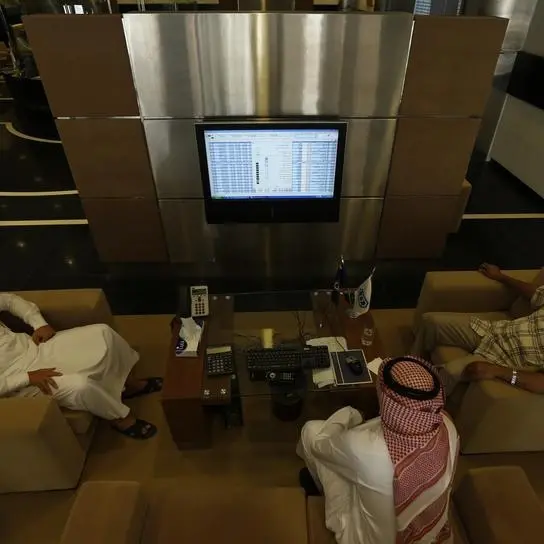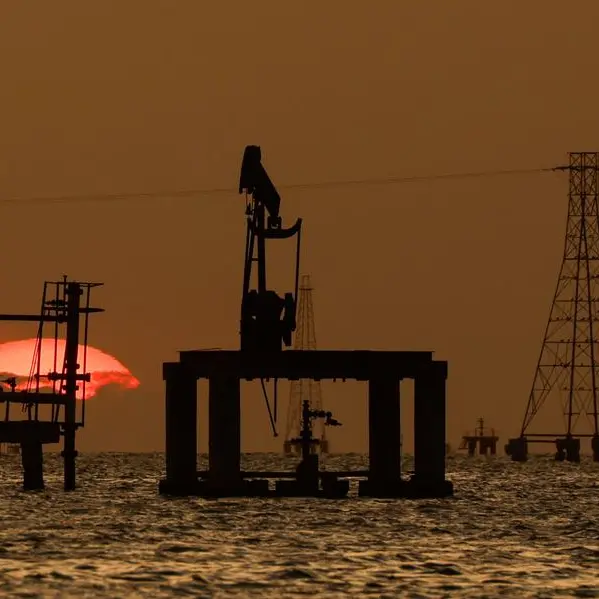PHOTO
A bio-energy research project in the UAE, which aims to make biofuels from Salicornia plants, is expected to enter the demonstration phase by 2024, the Director of the Sustainable Bioenergy Research Consortium (SBRC) told Zawya Projects.
Alejandro Rios-Galvan, who is also a Chief Research Scientist at Abu Dhabi-based Khalifa University of Science and Technology, revealed that the 200-acre demonstration facility would include a 1,000 tonnes per annum commercial fish farm and produce small quantities of oil that can be turned into synthetic paraffinic kerosene.
For over a decade, Seawater Energy and Agriculture System (SEAS), SBRC’s flagship project at Khalifa University, has been studying the commercial viability of producing jet fuel derived from plants grown with salt water in arid regions.
The project consists of three subsystems: fish farming using sea water, the utilisation of nutrient rich wastewater is used to cultivate Salicornia, an annual oil seed plant that contains 30 percent vegetable oil; the utilisation of discharged water to grow carbon-sucking mangrove trees that absorb the residual nutrients before the water makes its way to the ocean. The remaining straw can be processed into ethanol, biogas or animal fodder.
Producing SAF
Rios-Galvan cautioned that achieving a scale where the project becomes a potential biomass source for sustainable aviation fuel (SAF) production would take at least a decade or two.
The fuel produced from a pilot project on a two-hectare farm within Masdar City was first successfully tested by Etihad Airways in 2019.
He noted that thousands of hectares of land would be required for the cultivation of Salicornia-based biomass needed to produce “meaningful quantities” of SAF, an expensive proposition.
“Most likely these plants will be first used for producing cooking oil because the market will demand it and will pay for it,” he said.
While policy measures could be implemented to allocate biomass for SAF production, Rios-Galvan suggested that such measures might not be necessary, as other technology pathways, such as Power-to-Liquids, are also being developed.
SEAS expects to produce 75-194 million litres of aviation fuel per year by 2032, a miniscule portion of UAE’s jet demand by that year.
(Reporting by Sowmya Sundar; Editing by Anoop Menon)
